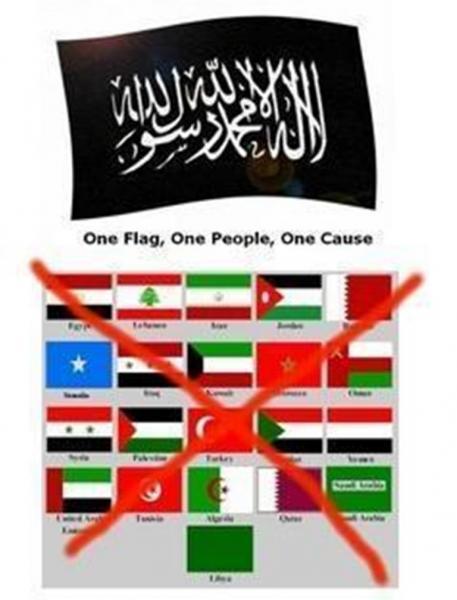In
depth understanding on the Economic System in Islam provided by honored Ustadh Abu Baraa' (hafidhUllah), clearing the many doubts raised
by the Secularist, who love to run the system by the kuffar made
Economic System!
In order to address the economic system in Islam, we first of all need to clarify the position of Islam.
In relation to the quest for material well being. This is because the
word dunya, which is associated with material wealth or worldly
matters, has become a dirty word for many Muslims. The separation for
deen from dunya (secularism) is a Western-Christian concept that has
been recently become widely internalized amongst Muslims. Consequently,
seeking to increase in economic or worldly matters is frowned upon, –
while continuous engagement in prayer and other personal ibadat is
regarded as meritorious. As such, many people get confused and conduct a
double life. On
the one hand, money talks, it gives status and makes life comfortable,
so they seek it vigorously. On the other, they feel guilty, thinking
that their effort should be spent on ‘religious’ duties. This is due to a
misunderstanding of the position of the economic question in Islam.
There is no doubt that Islam is opposed to monasticism and views the
economic activities of man as quite lawful and sometimes even obligatory
and necessary. We find many injunctions in Islam that allude to this.
For example Allah (SWT) says in the Qu’ran: ” Disperse through the land and seek the bounty of Allah” [EMQ-62:10],
He also says, “Allah has permitted trade” [EMQ-2:275],
And even more directly, Allah (SWT) says, ” Seek the
other world by means of that which Allah has bestowed upon you, and do
not be negligent about your share in this world.” [EMQ-28:77]
These are all in reference to economic activity.
In the sunnah, we find that one of the most commonly said du’as that the Prophet (saw) taught us is: ‘ our lord give us the good in this life and the good in the hereafter’. But despite this, we find expressions in the Qu’ran which state: ”
The life of this world is but a delusion” [EMQ 3:185]; “The mutual
rivalry for piling up the good things of this world diverts you from the
more serious things.” [EMQ 102:1]; and many others, stating that man has lust and greed for wealth (89:20) and that he is violent at this greed (100:8) and that he becomes boastful and proud (11:10) and so on.



